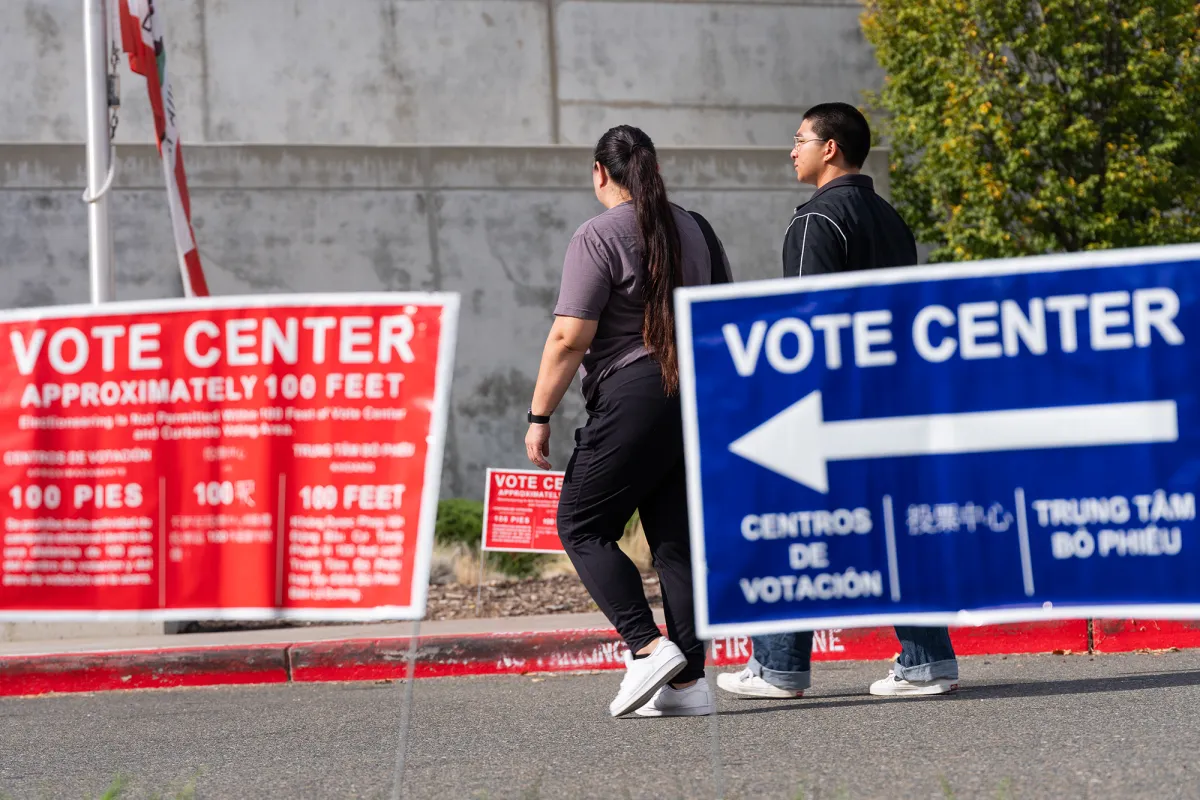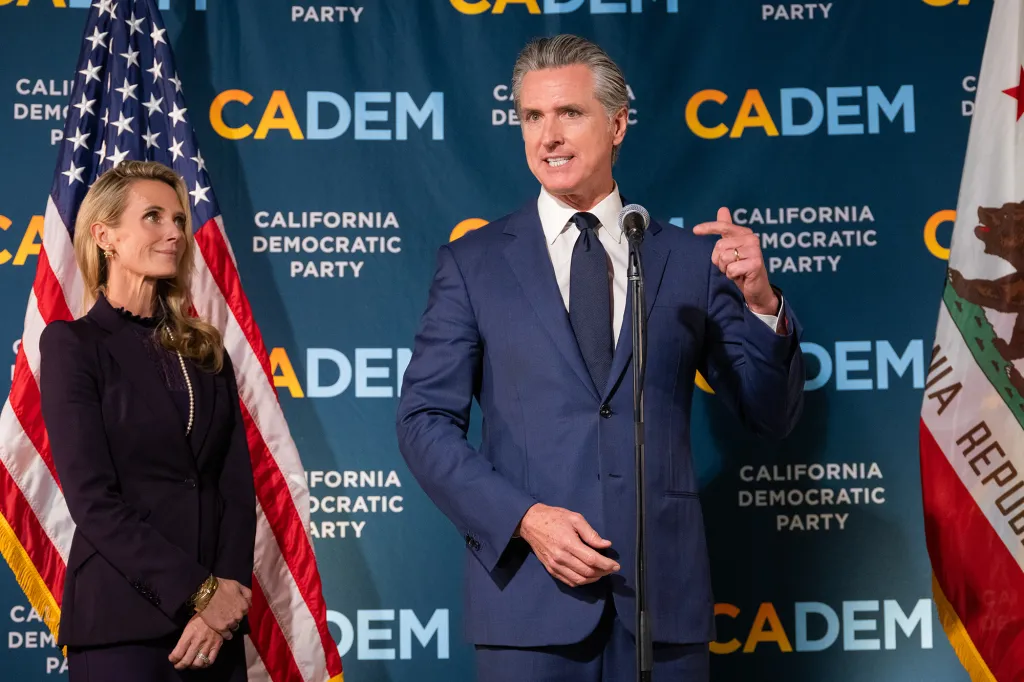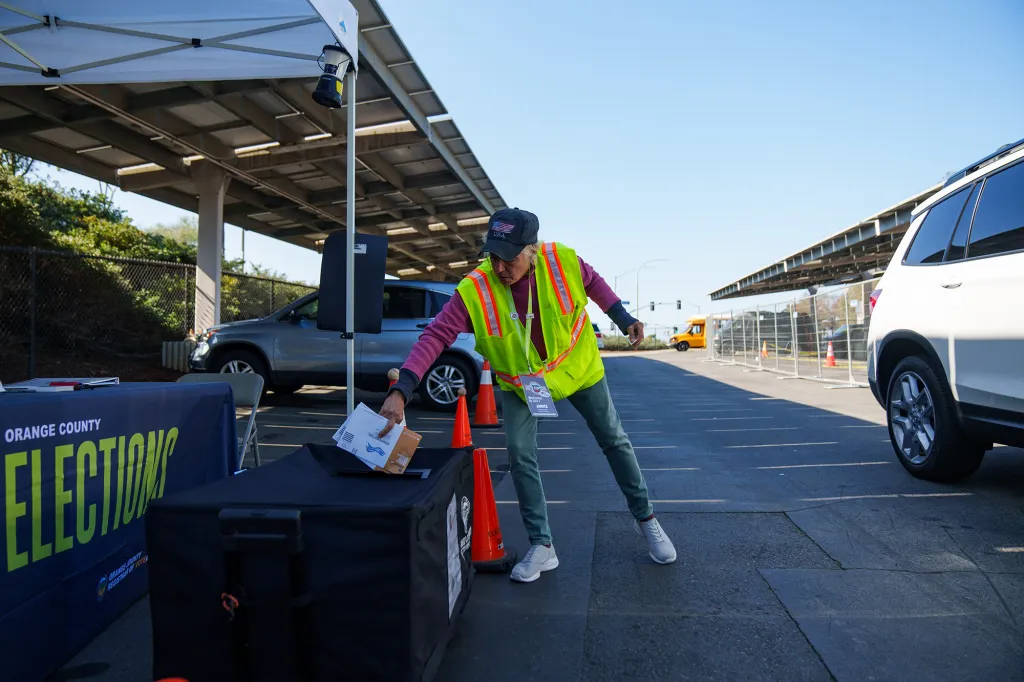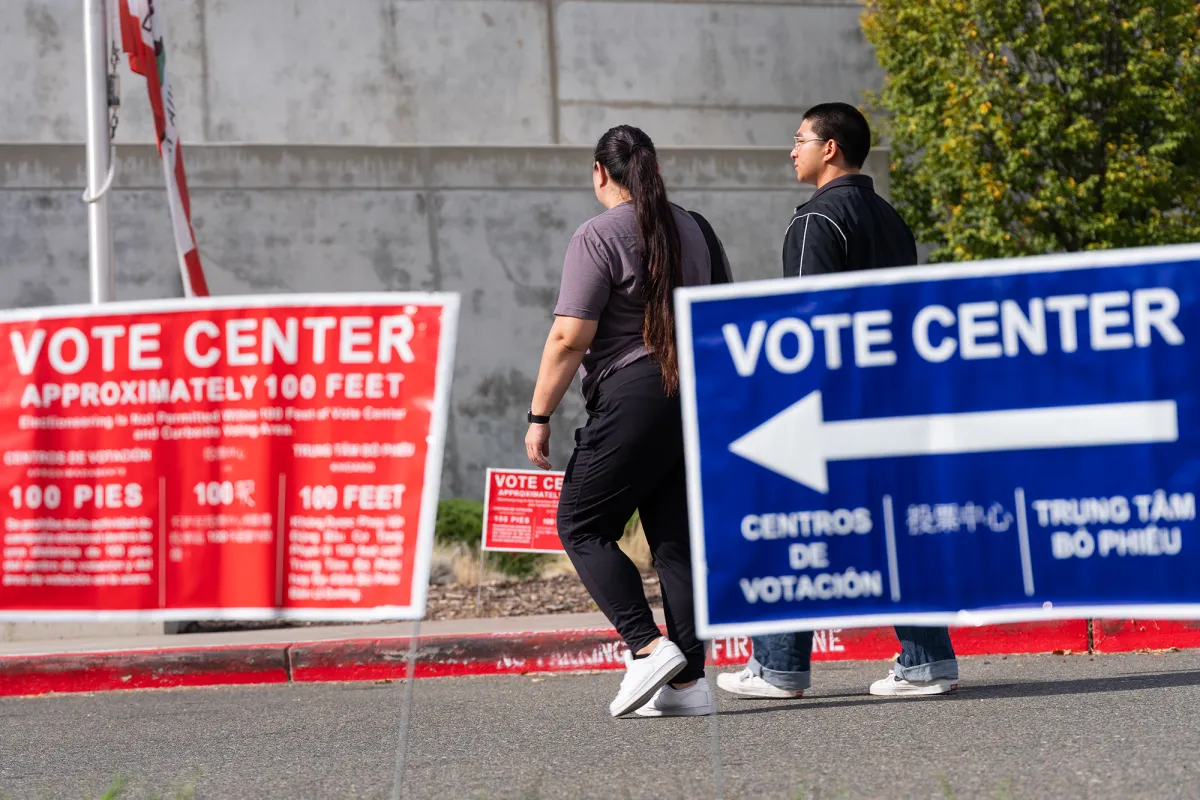California Voters Approve Proposition 50: Redistricting Victory for Democrats
California voters delivered a decisive victory for Democrats on Tuesday, overwhelmingly approving Proposition 50 in a special election that allows the state to redraw congressional districts to favor Democratic candidates. The measure passed with strong support, marking a significant political win for Governor Gavin Newsom and setting the stage for potential Democratic gains in the 2026 midterm elections.
The ballot initiative was introduced as a direct response to Republican-led redistricting efforts in Texas and other states, creating what became one of the most expensive ballot measures in California history. Supporters poured more than $120 million into the campaign, while opponents raised just $44 million, with outside groups spending an additional $27 million to sway voters.

How the Redistricting Battle Unfolded: Inside Proposition 50
The passage of Proposition 50 represents the culmination of a whirlwind, hyper-partisan two-and-a-half-month campaign that captured national attention. The measure temporarily sidelines California's independent redistricting commission and implements a map drawn by the Democratic-controlled state legislature for the next three election cycles.
Governor Newsom framed the initiative as a necessary response to what he called President Donald Trump's efforts to "rig" congressional elections through redistricting in Republican-controlled states. "Instead of agonizing over the state of our nation, we organized in an unprecedented way," Newsom declared in a triumphant speech after the results came in.

The governor called on leaders in other Democratic-held states—Illinois, Virginia, Maryland and New York—to "meet the moment" and redraw their congressional districts as well. "Tonight, I'm proud. But I'm very mindful and sober of the moment we are living in," Newsom said. "Donald Trump does not believe in fair and free elections, period and full stop."
The Five Republicans Facing Steep Re-election Odds
Under the new maps, five Republican congressmembers now face dramatically increased challenges for re-election in next year's midterms:
- Rocklin Rep. Kevin Kiley reaffirmed he'll run for re-election despite his 3rd District becoming more liberal, stating: "Politicians can change the lines on a map, but they can't tell you how to vote."
- Chico Rep. Doug LaMalfa will see his 1st District in the rural northeast corner of California lose several conservative counties and take in liberal Santa Rosa.
- Corona Rep. Ken Calvert faces a difficult decision about whether to run in a primary against fellow Republican Young Kim after his Riverside County district moves completely.
- Hanford Rep. David Valadao's district in the southern Central Valley will become slightly more Democratic and stretch closer to Fresno.
- Escondido Rep. Darrell Issa's eastern San Diego County district will lose conservative pockets and gain liberal voters in the Coachella Valley.

Democrats Who Benefit from the New Maps
Five Democratic House incumbents will see their districts become safer under the new configuration:
- Rep. Josh Harder, a Stockton Democrat who was swept into Congress during the 2018 Democratic wave
- Rep. Adam Gray of Turlock, who had the closest 2024 House race in the country
- Rep. George Whitesides of Santa Clarita, whose district brings in more Democratic voters from the San Fernando Valley
- Rep. Derek Tran of Cypress, who should have an easier time defending his seat in the heavily Asian 45th District
- Rep. Dave Min of Costa Mesa, who won his 47th District seat by fewer than three percentage points last November
Trump's Response and Legal Threats
President Trump threatened Tuesday to challenge California's mail-in ballot results, claiming without evidence that the election was fraudulently conducted—even before any results were in. The president said there would be "very serious legal and criminal review" of the state's use of universal mail ballots.
White House spokesperson Karoline Leavitt later said Trump was working on an executive order to strengthen elections and assure there isn't "blatant fraud" in California's universal mail-in ballots. However, voter fraud is extremely rare in California, and studies have found no evidence that voting by mail increases fraud.
About 7 million Californians had already voted by Election Day, with 4.6 million putting their ballots in the mail and another 2.3 million using ballot drop-off boxes or elections offices. For more than a decade, the majority of voters in California elections have participated by mail.
The National Context: Democrats Sweep Key Races
California's Proposition 50 victory was part of a broader Democratic sweep in the 2025 elections. Democrats scored victories in the four major races of the night: the New York City mayoral race, the governor's races in New Jersey and Virginia, and California's redistricting measure.
Exit polling showed voters went to the polls with worries about the economy on their minds, coupled with broader discontent with the state of the country. The results suggest that Democratic candidates who focused on affordability and economic concerns resonated with voters across different regions.

What Happens Next: The Road to 2026
The passage of Proposition 50 sets the stage for a dramatic shift in California's congressional representation starting with the 2026 midterm elections. The new maps will be in place for the next three election cycles, potentially giving Democrats an advantage in their quest to retake control of the House of Representatives.
Republicans have vowed to challenge the new districts in court, with the California Republican Party announcing Wednesday that it will sue to block implementation of the new congressional map. National Republican Congressional Committee chairman Richard Hudson said in a statement: "Even under this new map, Republicans have clear opportunities to flip seats because Californians are fed up with Democrat chaos."
Meanwhile, Governor Newsom and Democratic leaders are celebrating what they see as a crucial victory in the ongoing battle over congressional representation. As Newsom told supporters, "We could de facto end Donald Trump's presidency as we know it the minute Speaker Jeffries gets sworn in as speaker of the House of Representatives. It is all on the line."
The California redistricting victory represents not just a state-level political win but a significant development in the national political landscape, setting up what promises to be a fiercely contested battle for control of Congress in 2026.


